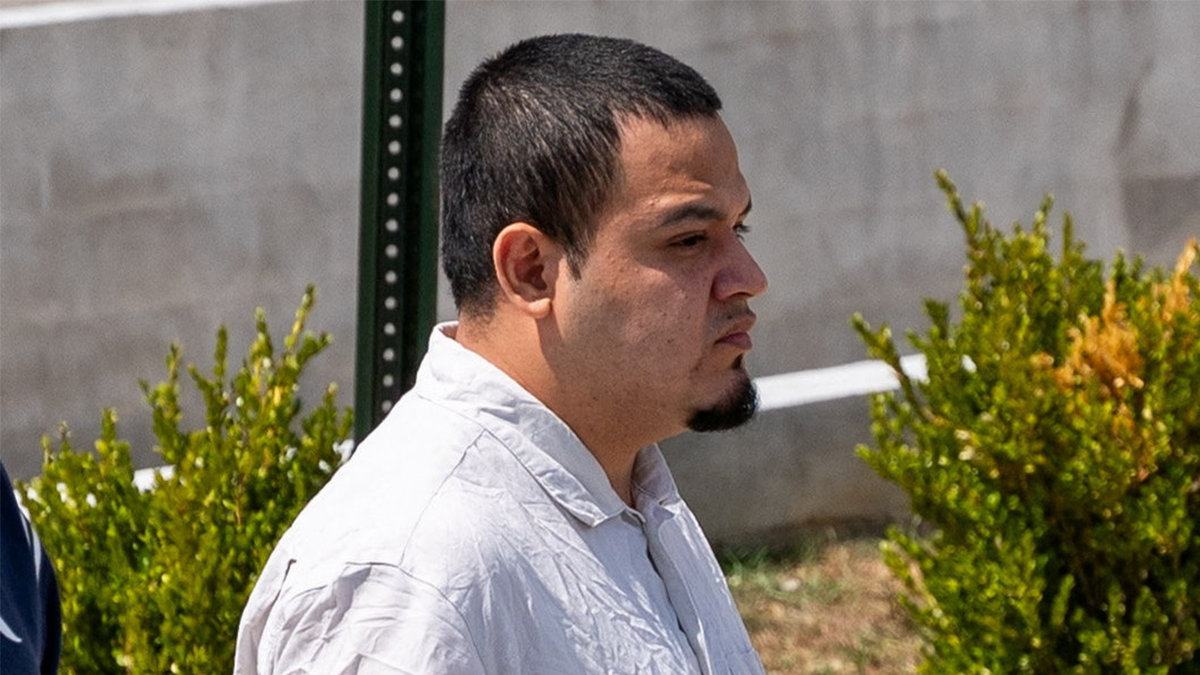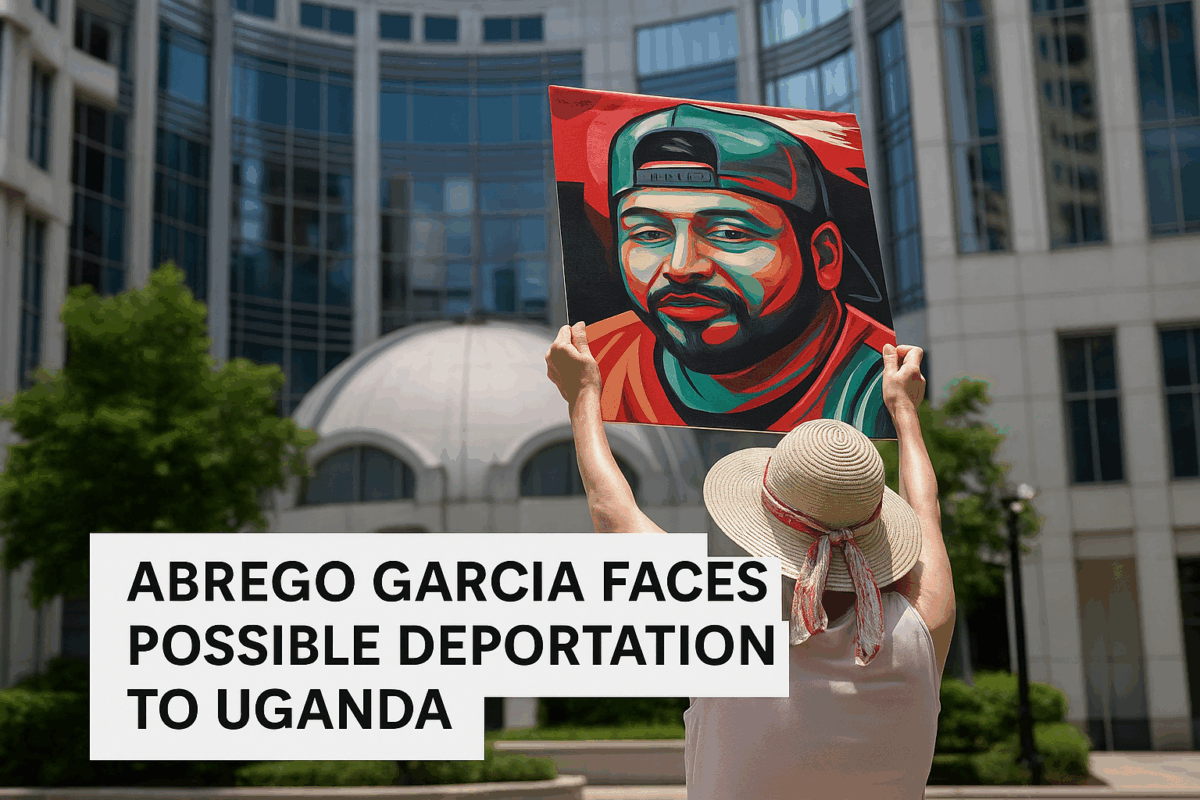ư
The case of Kilmar Abrego Garcia has sparked national attention in the United States. Garcia, a resident of Maryland originally from El Salvador, is now at the center of a heated immigration and human rights debate. After being mistakenly deported earlier this year to El Salvador despite a court ruling that barred such action, Garcia was returned to the United States. However, the legal battle did not end there. The latest development involves the possibility of him being deported to Uganda, a country with which he has no connection.
From Wrongful Deportation to a New Threat
Earlier in 2025, Abrego Garcia was wrongly deported to El Salvador and detained in a dangerous prison. Human rights advocates called the move a violation of due process, and the government later admitted it was a mistake. Following court intervention, Garcia was brought back to the United States.
Once back on U.S. soil, however, Garcia faced new charges. Authorities accused him of involvement in a human smuggling case stemming from a 2022 traffic stop in Tennessee. While Garcia has maintained his innocence, the federal government has pursued aggressive measures to remove him from the country.

Uganda Enters the Picture
In a surprising turn, the U.S. Immigration and Customs Enforcement (ICE) notified Garcia’s lawyers that he could be deported to Uganda. This announcement shocked legal experts and immigrant rights advocates, as Garcia has no prior ties to Uganda. Critics argue that this plan is not only unusual but also retaliatory in nature.
According to his defense team, ICE’s threat to deport Garcia to Uganda came after he rejected a plea deal. Under the proposal, he could have accepted deportation to Costa Rica in exchange for a lighter sentence. By refusing to admit guilt, Garcia may now be facing harsher consequences.
Legal and Human Rights Concerns
Lawyers representing Garcia claim the move violates the principles of justice and fairness. They argue that deporting him to Uganda, a country he has never lived in, amounts to retaliation for exercising his legal rights. Immigration experts also warn that this case could set a dangerous precedent for future deportations.
The Maryland court overseeing the case has ruled that ICE must provide Garcia’s legal team with 72 hours’ notice before carrying out any deportation attempt. This decision ensures that his lawyers have time to challenge the order and seek judicial relief.
National and Political Impact
The story of Abrego Garcia highlights the complexity of U.S. immigration policy under the Trump administration. It also raises broader questions about due process, government accountability, and the limits of ICE’s authority. For immigrant communities and human rights advocates, Garcia’s case is a symbol of the risks faced by vulnerable individuals caught in the system.
As Garcia prepares for his next appearance at the ICE office in Baltimore, activists, lawyers, and community members continue to rally in his defense. Whether or not he will be deported to Uganda remains uncertain, but one thing is clear: this case is far from over


